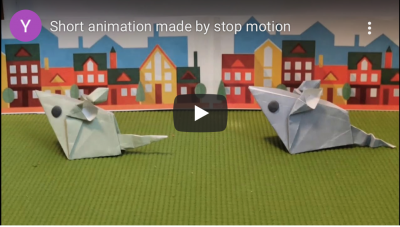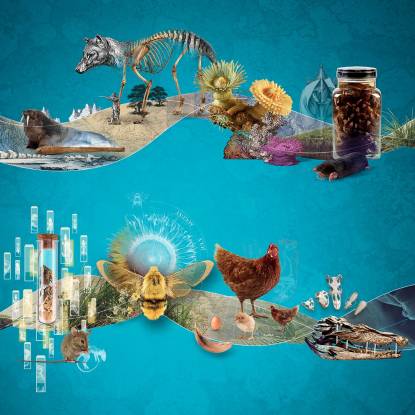Games & Play
Forget the old adage 'work hard, play hard'. This month at UCL Culture we are all about developing our inner child.
No, this doesn't mean taking Lego bricks to work... Instead we are rekindling those qualities of light-hearted play that formed the core of our development growing up, and can still help us now.
Through the opinions of our experts and an exploration of 'grown-up' play, we want to rediscover the joy a playful mindset can bring to our lives and the creativity it naturally unlocks.
We’ll also examine the impact play has on our mental health and wellbeing. How it aids learning and its power to widen our understanding of the world around us. Play is an important part of what makes us human.
#UCLPlay
Get involved
Let’s Play: Games as Connection
Why do we play games? Inspired by our collections, Let’s Play is an online exhibition curated by MA Museum Studies students from the UCL Institute of Archaeology. It tells the story of how games connect people across time, place, struggles and communities.
Visit the website
Help solve the mystery of the Egyptian game of Senet
The Ancient Egyptians loved playing board games. Senet is one of the oldest in the world dating around 3,100 BC. Although there are many theories on how to play, exact instructions for the game have never been discovered.
Read our article on Senet on the Museum Crush website
William Hogarth and the Idle Prentice at Play
Delve into the UCL Art Museum and find out what William Hogarth had to say on gambling, the game of hustle-cap and morality.
Read our blog
Have a go at stop animation on your phone
Playing and creativity go hand-in-hand. Our Engagement team have been busy working with UCL students to show you how to create simple but amazing stop animation on your mobile.
Find out more

Play a jiigsaw
Friends of the Petrie Museum have created online jigsaws from some of our most stunning artefacts from the collection including our famous collection of Shabtis.
Find out more
Watch UCL Professor Sophie Scott’s TED talk on why we laugh
Did you know that you're 30 times more likely to laugh if you're with somebody else than if you're alone? Our cognitive neuroscientist Sophie Scott shares this and other surprising facts.
Watch the TED talk
Watch this space...
Over the coming weeks we will be sharing our ideas on the theme of play and experimenting with our own collections.
Follow us on Instagram
Follow us on Twitter
 Close
Close



